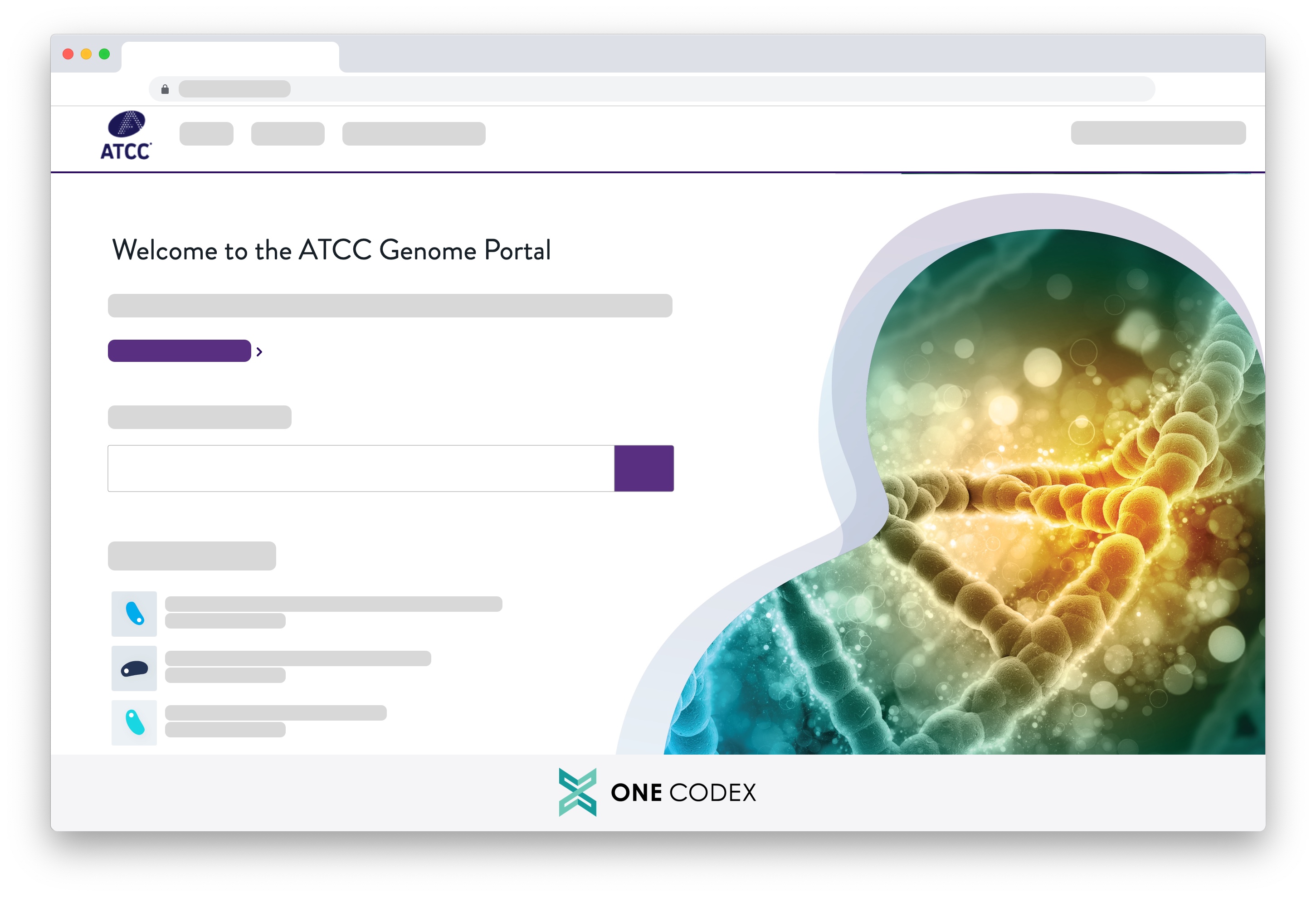A closed genome a day...

At One Codex, we’ve always been focused on providing the highest quality microbial genomics reference data. Today, we’re excited to share more details about ATCC’s new genome portal, a project we’ve been hard at work on over the past year with our friends and partners at ATCC.
The new ATCC Genome Portal offers high-quality, authenticated genomes and annotations for many of the top items in ATCC’s catalog. Today, the portal includes 365 closed, fully circularized bacterial genomes from ATCC’s collection. That’s 1 genome sequenced, closed, and fully circularized per day in 2019!
This portal is unique in its focus on providing on providing the highest quality genomics reference data to accompany the authenticated biological materials from ATCC. We’re leveraging hybrid assembly with high coverage Oxford Nanopore and Illumina sequencing to generate the highest accuracy genome references and annotations (more details here).
We’re especially excited about our work to make these genomes easy to view, browse, compare, and search. Here’s a quick tour of some of what’s possible with the new Genome Portal:
- Quickly query genomes by NCBI taxonomic identifier, ATCC catalog number, and metadata such as biosafety level or taxonomic description
- Find similar genomes based on % Average Nucleotide Identity (ANI)
- Search genome annotations by name, symbol, or product, and highlight matches on the genome track
- Perform instantaneous nucleotide sequence search across all genomes
- Export genome assemblies and annotations to GenBank, FASTA, or table (CSV) format
Sign up for an account to browse the ATCC Genome Portal or login with your existing One Codex account.
We’re looking forward to seeing all of the exciting research that comes from this project and we’re very proud of what our team and the team at ATCC have accomplished. If you have any questions about the ATCC Genome Portal, you can reach out to us at hello@onecodex.com or use the chat at the bottom right of your screen.